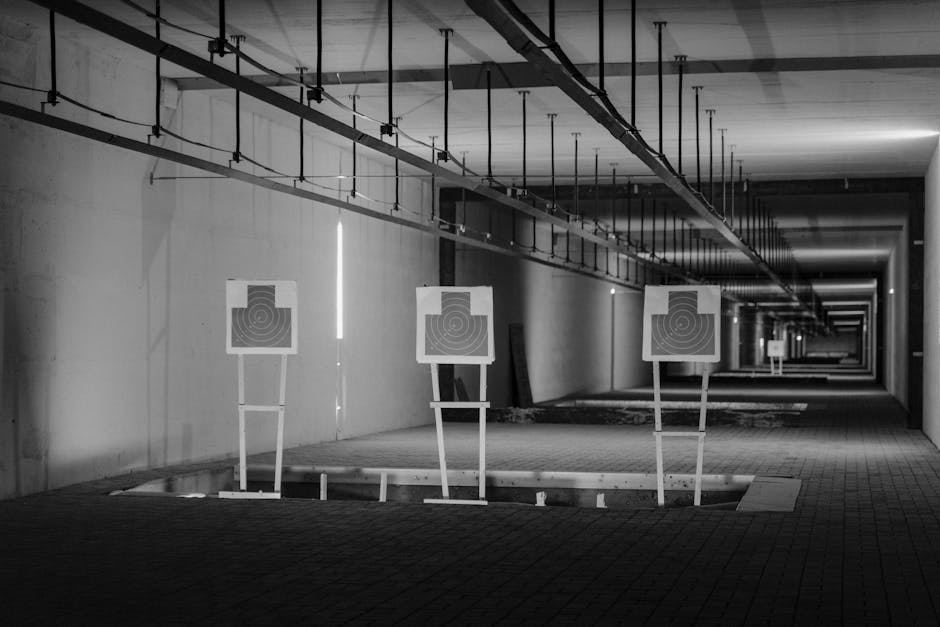Troubleshooting HVAC: Step-by-Step Solutions
Did you know that about 90% of HVAC problems are simple enough to fix on your own? Understanding how to troubleshoot your heating, ventilation, and air conditioning (HVAC) system can save you time and money. Lets dive into common issues and provide step-by-step solutions to get you back on track.
What Are Common HVAC Problems?

Before we start fixing, lets identify the common issues that might pop up. Here are a few:
- No heat or cooling
- Strange noises
- Unpleasant odors
- High energy bills
- Leaking water
Each of these problems can make your home uncomfortable. The good news? Many can be solved with some basic troubleshooting.
How to Troubleshoot No Heat or Cooling?

Feeling too hot or too cold? Lets tackle that first. Start with the simplest solutions:
- Check the thermostat: Make sure it’s set to the right temperature. If it’s battery-operated, see if the batteries need replacing.
- Inspect the air filter: A dirty filter can block airflow. Change it every 1-3 months to keep air flowing freely.
- Look for closed vents: Sometimes, we accidentally close vents. Open them up for better air circulation.
If these tips don’t work, it’s time to dig deeper. Check the circuit breaker. If it’s tripped, reset it and see if that solves the issue.
Why Are There Strange Noises?

Do you hear rattling, buzzing, or whistling? These sounds can signal different problems.
- Rattling: Loose parts can cause rattling. Inspect the unit and tighten any loose screws.
- Buzzing: This might indicate an electrical issue. Turn off the unit and call a professional.
- Whistling: A whistling sound often points to a blocked vent or duct. Check for any obstructions.
If you can’t identify the noise, don’t hesitate to call in a pro. Ignoring strange sounds can lead to bigger problems.
What About Unpleasant Odors?

Smelling something funky from your HVAC? Heres what to do:
- Moldy smell: This could mean mold is growing in your ducts. Cleaning or replacing the air filter can help.
- Burning smell: If you smell burning, turn off your system immediately. This can be a serious electrical issue.
- Musty smell: A musty odor might indicate standing water in your unit. Check for leaks or moisture buildup.
Address these odors quickly. Poor air quality can impact your health.
Why Are My Energy Bills So High?
Surprised by a spike in your energy bills? Heres how to troubleshoot:
- Old HVAC system: If your system is over 10 years old, it may be time for a replacement.
- Poor insulation: Check windows and doors for drafts. Sealing them can help reduce your bills.
- Incorrect thermostat settings: Make sure your thermostat isn’t set too low or too high for the season.
Sometimes, a simple adjustment can cut energy costs significantly!
How to Handle Leaking Water?
Water leaks can damage your home. Heres how to troubleshoot:
- Check the condensate drain: Clogs here can cause water to back up. Clear any blockages.
- Inspect the drip pan: Make sure the drip pan is in good condition and properly positioned.
- Look for ice buildup: If ice forms on your evaporator coils, it can lead to leaks. This might indicate low refrigerant levels.
If you can’t find the source, it’s time to consult a professional.
When Should I Call a Professional?
Some issues are best left to the experts. Heres when to call a pro:
- If you’re unsure about electrical issues.
- When repairs require specialized tools.
- If the problem persists after troubleshooting.
Hiring a certified technician can save you time and stress in the long run.
What Maintenance Can I Do Myself?
Regular maintenance can prevent many problems. Here are some DIY tasks:
- Change or clean air filters every 1-3 months.
- Clean the outdoor unit by removing debris.
- Check ducts for leaks and seal them.
Doing these simple tasks can extend the life of your HVAC system and keep it running efficiently.
How Often Should I Schedule Professional Maintenance?
it’s recommended to schedule a professional inspection at least once a year. This can help catch problems early before they escalate. An annual check-up can also ensure your system runs efficiently.
Conclusion: Take Action!
Now that you have a roadmap for troubleshooting your HVAC system, you can tackle many common issues on your own. Remember, keeping your system well-maintained is key to avoiding expensive repairs. If problems persist, don’t hesitate to call a professional.
For more tips on HVAC maintenance, check out Energy Stars Home Improvement Guide.
Stay cool in summer and warm in winter by being proactive. Your comfort is worth it!



